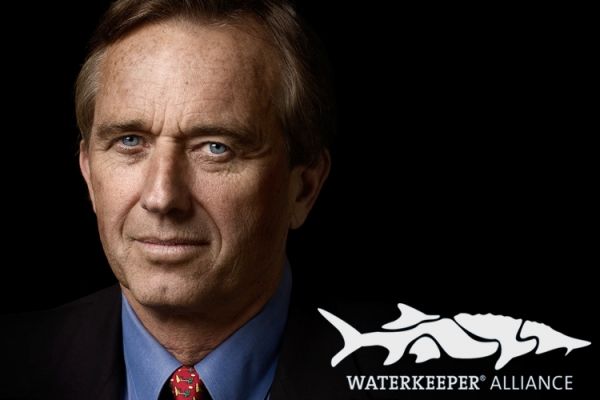The protection of our shared environment has long been among government’s most fundamental responsibilities. Ancient Rome’s Code of Justinian, one of the first efforts at constitutional governance, guaranteed to all citizens the use of the “public trust” or “commons” — those shared resources that cannot be reduced to private property, including the air, water, forests and fisheries. Throughout Western history, the first acts of tyrants have invariably included efforts to deliver public-trust assets into private hands. During the Dark Ages, when Roman law broke down in England, King John attempted to sell off the country’s fisheries, place navigational tolls on England’s rivers, and seize its woodlands and game animals. Enraged at that theft of public-trust assets, England’s people confronted John at Runnymede in 1215, forcing him to sign the Magna Carta. That seminal democratic document included a powerful articulation of the principle that the commons of water, fisheries and woodland were not commodities to be bartered away by a prince, but the rightful property of all citizens.
These public-trust rights passed to the people of the United States following the American Revolution. Each state constitution recognized the rights of every citizen to use the commons, but never in a manner to injure its use and enjoyment by others.
The early conservation movement enacted laws to protect fish, wildlife, shorelines, lakes and rivers, and created our first national parks and secured vast tracts of land against exploitation and abuse. As late as 1913, the U.S. Supreme Court declared that it was “inconceivable that public-trust assets could slip into private hands.” Indeed the best measure of how a democracy succeeds is how it safeguards the shared assets as trustee for all citizens, rich and poor. Does it maintain the commons in the hands of the people or does it allow public trust assets to be privatized in the hands of the wealthy and powerful? During the Gilded Age of corporate feudalism, naked power brokering by industrial robber barons persuaded courts and legislatures to weaken public trust rights and allow the theft of clean air and water and public lands from the American people.
Read more at GreenMoney Journal
Image: This is Robert F. Kennedy Jr., President/Senior Attorney, Waterkeeper Alliance (Credit: GreenMoney Journal)


